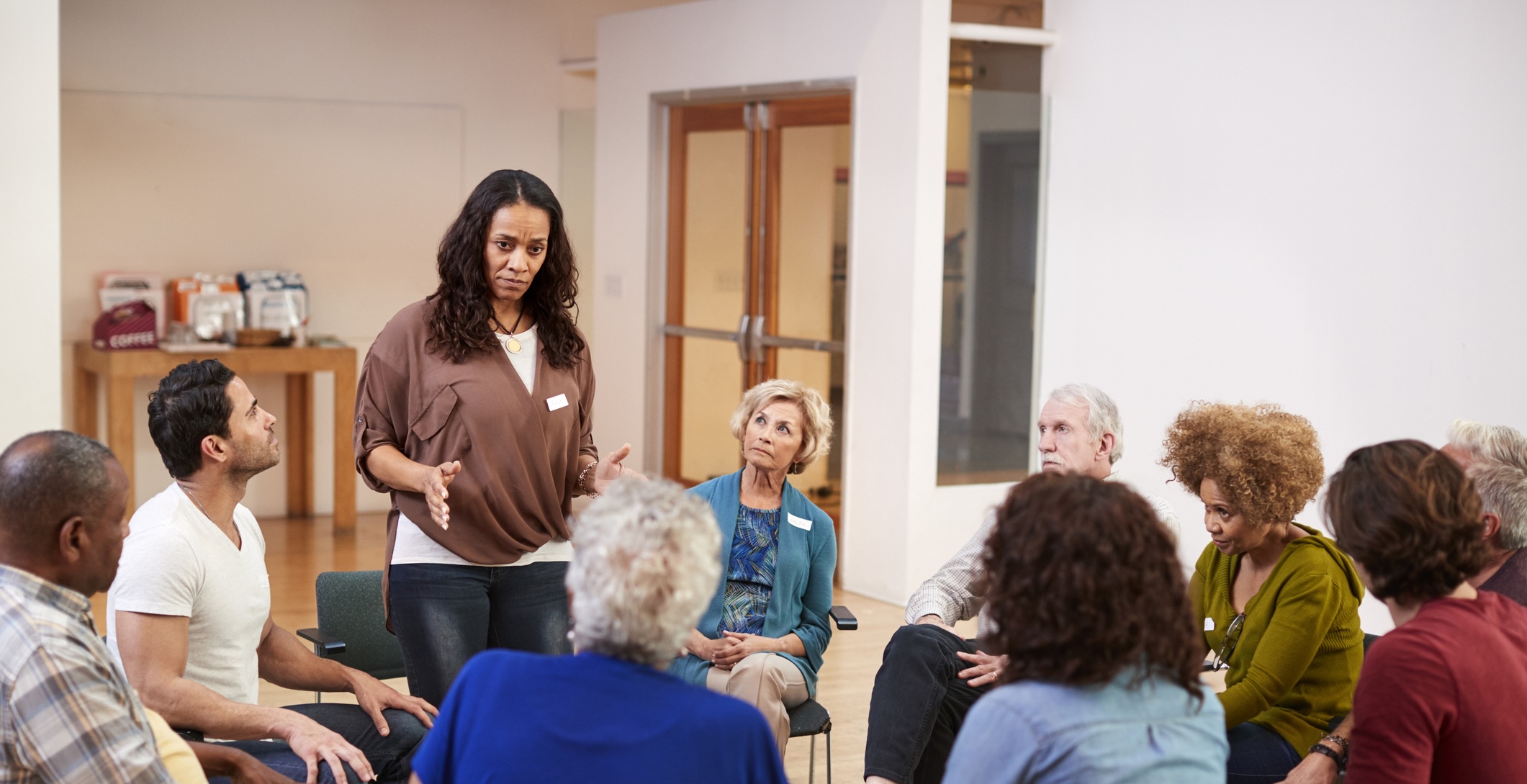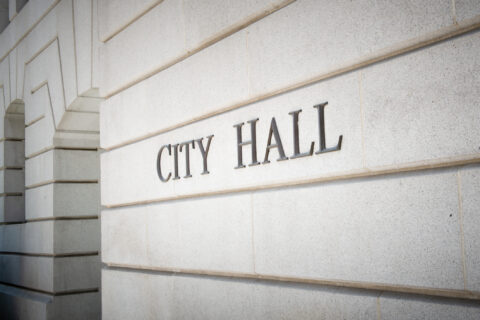In 2024, local officials reported facing increased levels of harassment and threats, with 87 percent noting a decline in civil discourse during their time in office. For examples on how to improve civic discourse and make public meetings a space where people are heard, respected and welcome, see NLC’s Civic Discourse 101. Beyond the norms and procedures of public meetings, local officials can also consider the forums in which these conversations take place. The structure of civic engagement itself can contribute to greater civility and trust in government.
This blog highlights innovative approaches to civic engagement that municipalities across the U.S. are using with the goal of improving public dialogue and decision making. Not every example will be a perfect fit for every community, and civic engagement alone won’t solve every challenge.
Still, thoughtful approaches to civic engagement can deepen public trust by creating opportunities for more people to directly participate in government.
In turn, this greater and deeper degree of participation can lead to policies that more accurately respond to the needs of community members.
Local leaders may consider tradeoffs when deciding which public engagement strategy and tool is the right fit. Important factors include the cost and time demanded of the engagement approach, as well as the degree of participation that might be required to make an effective decision. Lastly, civic engagement, despite its best efforts, may not always reflect the community at hand. Ultimately, local elected officials retain decision-making power.
Innovative Approaches to Engagement
Municipalities are reimagining civic engagement by increasing opportunities to hear resident voices through deliberation, taking conversation outside of city hall, uplifting community-led conversations and thoughtfully deploying technology for greater reach and impact.
Increasing Deliberation
Some localities are including residents to make recommendations to local decision-makers through Citizen Assemblies. These assemblies are a random and demographically representative group of residents who coordinate to create workable solutions on community issues.
- In 2022, Petaluma, CA, began addressing a long-standing debate over its 55-acre fairgrounds by turning to its residents for answers. Through the Petaluma Fairground Advisory Panel, 36 community members spent two months learning, debating and shaping recommendations for the site’s future. The city provided compensation, language access and support to ensure broad participation. Ultimately, the city accepted the group’s recommendation to overtake management of the site, making it more accessible to the public and enhancing community resources. Surveys showed that 100 percent of participants gained a better understanding of the issue, 96 percent learned more about government decision-making and felt more connected to their community. Ninety two percent felt their input was meaningful.
- The City of Bend, OR, partnered with local organizations to facilitate a participatory process addressing youth homelessness. The Deschutes Civic Assembly on Youth Homelessness brought together 30 residents to participate in research, expert presentations and structured deliberations. They produced 23 recommendations, including the creation of a central hub for youth services and improved foster care transitions. The city is committed to reviewing and responding to the recommendations.
Engaging Outside City Hall
Civic engagement can look informal and allow for more spontaneous connections with residents. Having a presence at key community events and spaces can build relationships between local leaders and the community.
- The People’s Budget initiative in Philadelphia, PA, was launched in 2020 to make the city’s budgeting process more transparent and accessible to residents. In response to public demands for reallocating city funds, the initiative partnered with Mural Arts Philadelphia to create engaging ways for residents to learn about and influence the budget. What started as virtual “teach-ins” evolved into public art installations, interactive workshops and an artist-in-residency program to visually represent community budget priorities. A standout feature was a mobile budget office—a retrofitted shipping container where residents could share feedback on budget decisions. These insights were compiled into reports and presented to the city council to ensure a greater number of community voices played a role in shaping the budget.
- City leaders in Liberty Lake, WA, host pop-up engagements in familiar public spaces like farmers markets and libraries, where residents can ask questions, learn about projects and share feedback. Additionally, the city offers an annual Citizen Academy that gives residents an inside look at local government operations. The city uses an online platform where residents can track capital projects and join discussions from home.
Supporting Community-Led Dialogue
Traditional city council meetings often limit opportunities for direct responses to residents’ concerns. Some cities are partnering with local organizations to support community-led dialogue.
- In Camden, SC, the All Voices Matter forum, led by the Concerned Citizens of Kershaw County, brings together local leaders from the city, county, school board and state. The forum exists to “let your voice be heard; get your questions answered.” Residents gather at the community center to hear from their leaders in the same place at the same time.
- Portsmouth Listens in Portsmouth, NH, has facilitated small-group public dialogues for over two decades. These discussions have helped co-create solutions on major city issues, such as the city’s master plan and school relocation. Most recently, the group deliberated on local housing issues and potential policy options.
Using Technology for Deeper Engagement
Thoughtful use of technology can help improve the accessibility and scale of public participation. While online forums remain popular, technology can also help facilitate in-person discussions.
- The City of Sunnyvale, CA, recognized that generative artificial intelligence (AI) might help improve make public meetings more accessible to more residents. The city’s equity and inclusion manager teamed up with the city clerk to procure an AI-driven software that is capable of translating meetings in real time. This has removed a barrier to participation for a significant population of non-native English speakers in the community.
Upcoming Webinar
Join the American Public Health Association, American Psychological Association, International City/County Management Association (ICMA) and the National League of Cities (NLC) on April 22, 2025 at 3:30 PM ET for an insightful conversation on the impact of incivility on public servants, including city managers, health professionals and elected officials.










